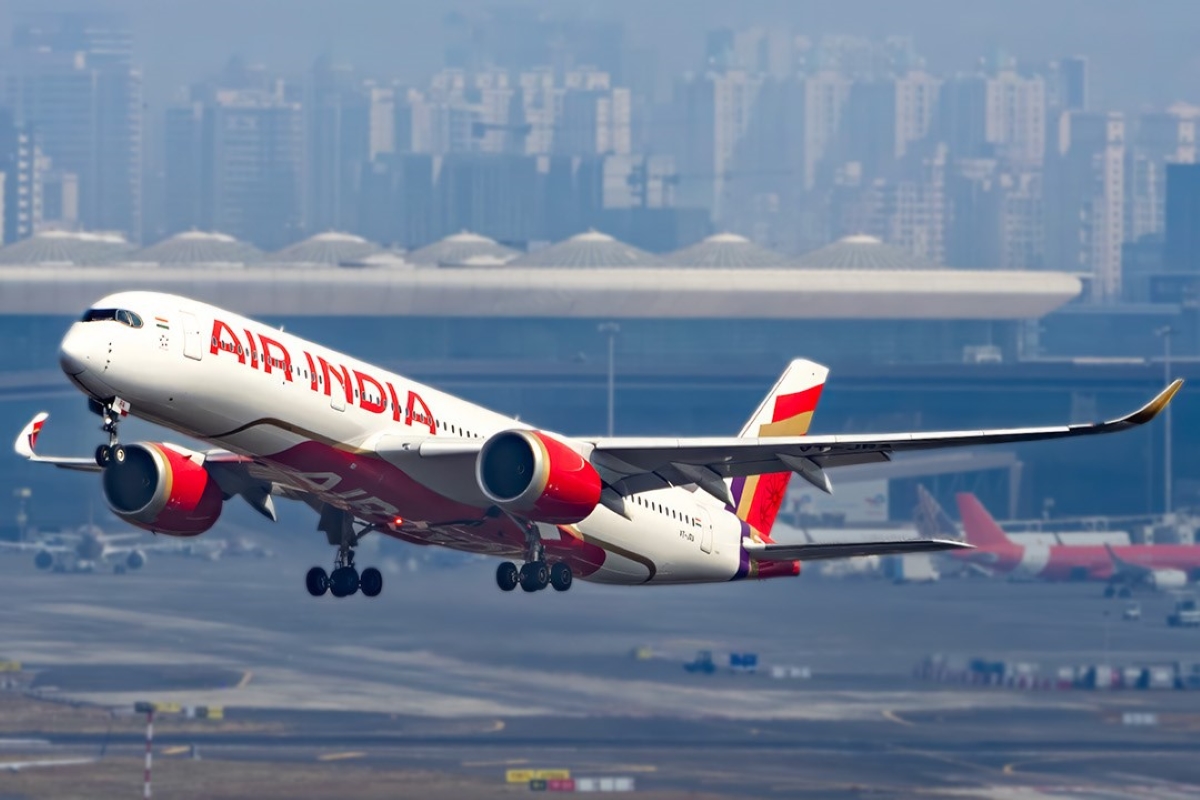Vacasa Targets Urban Rental Market by Helping Developers Fill Vacant Units

Skift Take
Vacasa, a vacation rental property management service, has begun to provide its services to real estate developers and property managers for their temporarily vacant units in multi-family residential communities.
Until now, the Portland, Oregon-based startup has offered property management services for more than 10,000 properties that are typically whole-home rentals in traditional resort destination markets. Now it’s also asserting its place in the urban, short-term rental market.
Vacasa is signing long-term lease agreements with real-estate professionals. It agrees to handle compliance with local regulations and tax laws, the marketing of properties online, the screening of guests, the monitoring of noise levels during guest stays through the use of electronic devices, the providing of local and online customer service, and rate setting for optimal revenue generation.
Vacasa — which has raised $207.5 million in funding to date — has begun offering its multifamily service in Boise, Chicago, Dallas, Houston, Portland, San Antonio, and Seattle.
The news comes only a few weeks after Expedia Group said it had bought two small startups — Pillow and ApartmentJet — to help owners of multifamily residential communities list and manage short-term rentals.
The urban-short-term rental sector has seen increased industry attention as Sonder, Stay Alfred, and Domio have made headlines by receiving significant funding rounds for their businesses of offering branded rentals with consistent amenities and customer service for guests.
Potential Snafus
Multi-family property developers who embrace the renting out of vacant units on a short-term basis may expose themselves to some risk. No one knows how companies like Domio, Sonder, Stay Alfred, or Vacasa will perform during a recession and if they’ll struggle to meet their obligations, which often amount to a guaranteed minimum recurring payment to developers regardless of whether the startups successfully rent out the rooms.
Colin Carvey, senior vice president of growth at Vacasa, argued that his company is more diversified nationally than other niche players and would be better able to withstand an economic downturn.
Vacasa will also work with developers to furnish amenities in the units. It can either decorate the units on behalf of developers or offer advice, such as to use more durable composite materials than granite in the countertops, said Garvey.
The cost and process of furnishing units pose risks. If inefficiently handled, the design work risks eating into Vacasa’s margins. For example, Sonder has taken years to find efficiencies in the process, such as by custom ordering from manufacturers some of its own furniture and bedding at volume and creating its own inventory tracking software for its warehouses.
Similarly, Oyo, which provides a soft brand to franchised hotels, has similarly maintained an edge over rivals by obsessing about the costs of furnishing and getting a new franchised property up and running.
Vacasa’s new program differs from Vacasa Community Association Management, which offers management services for multifamily rentals through their respective homeowners associations to ensure compliance with regulations and community covenants.
Both of Vacasa’s efforts require more than mere diplomacy to earn the goodwill of neighbors in residential communities and prevent an adverse reaction.
Logistical issues also need to be resolved. For example, many condominium towers have elevators that require an electronic fob or key to activate that is distinct from a unit’s unique lock. Passing a copy to guests or housekeepers presents potential security issues — even when Vacasa prides itself on only using its own 1,500 field workers instead of contractors.
“Vacasa is actively developing tech to handle such friction points,” said Josh Viner, senior manager of the multifamily effort at Vacasa.
So far, though, Vacasa’s momentum has been relentless. Founded in 2009, Vacasa is now the largest, full-service vacation rental management company based in North America, by property count, with 10,600 properties worldwide under management in 23 U.S. states and 16 countries.





